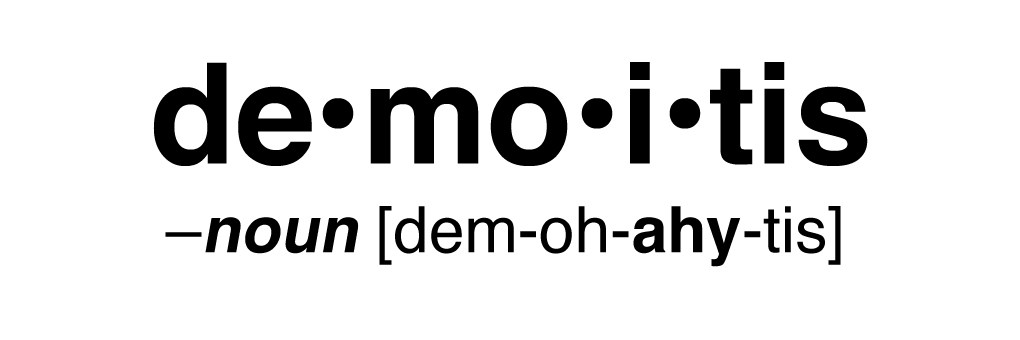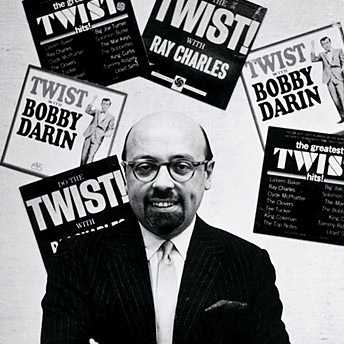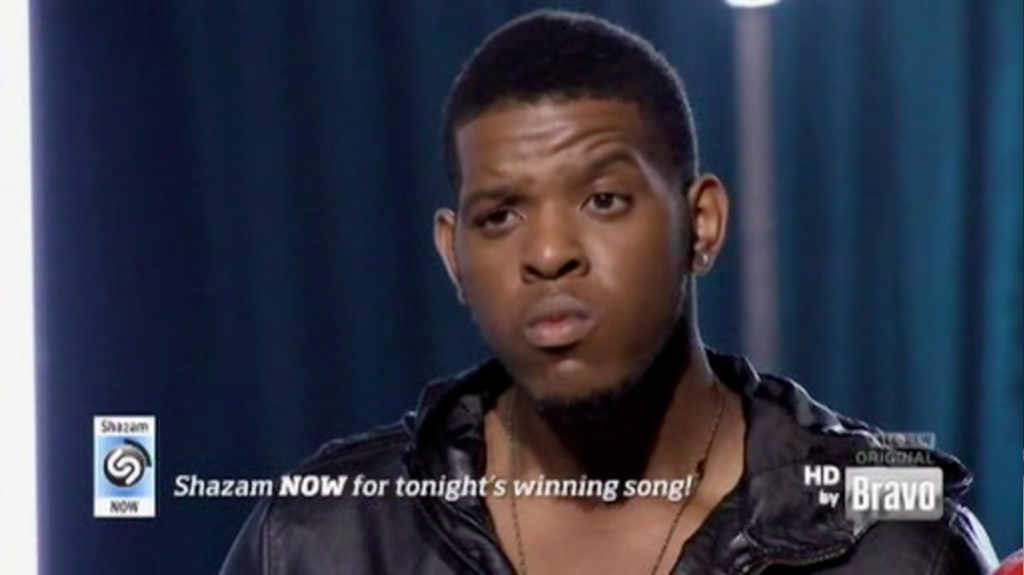Posts Tagged Clive Davis
Platinum Hit: Under The Hood Of The Music Industry
Posted by Gavin Bradley in Business, Creative, Labels, Publishing, Writing on August 3, 2011
I am LOVING this show. For all the wrong reasons.
I’m not a fan of the Idol franchise because it’s put in place a concrete, standardized checklist by which the general public believes singers should be judged. The idea, alone, that a vocalist should display versatility within a range of genres disqualifies the Billie Holidays and Neil Youngs of the world.
Before Idol, artists signed to labels existed in a reality parallel—but separate from—the rest of the world. Someone who ‘knew something about music’ had given the stamp of approval, pulled all the levers, and forevermore the glossy finish of album jackets and posters would seal that artist away, just out of fans’ reach. Talent was curated primarily by savvy executives like Clive Davis and Ahmet Ertegun, who certainly had a basic checklist for their signings (‘Can Sing,’ ‘Has A Look,’ ‘Has Presence Live.’) But, with a similar latitude that radio DJs had decades ago, one tastemaker’s gut instinct could play a large part in an artist’s destiny.
Today, with profits plunging and monster record labels merging to survive, indie labels have risen again to service niche markets while the majors pump out increasingly formulaic product. Those executives simply cannot afford to experiment, so clunky corporate procedure is de rigueur. I’m loving Bravo’s new reality series Platinum Hit because, perhaps for the first time, the curtain has been pulled back…the average music fan can get a relatively true-to-life view of the working parts inside the LA machine.
Appropriately, fallen singer-songwriter Jewel hosts. Her mis-step in 2003 with dance-pop single Intuition alienated her audience after her earthy image had been solidified with five ubiquitous alt-country radio singles. (We certainly saw under the hood of the industry for a moment there.)
The show is a competition in which 12 songwriters get thrown in rooms in various combinations to come up with hit songs…usually with a specific topic or genre, and sometimes for a specific artist. They work against the clock to deliver material to a panel of executives who then analyze the structure, melody, lyrics and chord changes to measure market potential.
This is exactly what goes on in Los Angeles.
I’m into this show because the corporate standardization of songwriting is in plain view. Heavyweight-songwriter-turned-reality-TV-judge Kara DioGuardi lobs constructive advice at the contestants, guiding them on how to get a green light from executives. Label-executive-turned-reality-TV-judge Keith Naftaly’s feedback often hinges on how well the song hits a market demographic. When in Episode 9 he told contestant Scotty Granger that he believes the lyrical content of his dance song is a little deep for high school kids, my eyes nearly rolled out of my head.
This is the type of ‘dumb-it-down’ thinking that permeates the industry. Scotty’s song was barely ‘deep’—in its narrative, we find out there’s just one day left on earth and everyone’s decided to dance all night. A bit dark, maybe, but hardly deep, and quite appropriate for the angst high school kids feel. Maybe this is why Britney Spears’ conceptually identical single ‘Until The World Ends,’ tore up the charts recently.
Regardless, kids, like anyone else, sense when they’re being talked down to, and this usually results in them finding a counter-culture that reflects their feelings more honestly. I remember a DJ friend pointing out to me that in the early 80s MTV was the only source for music videos, so all demographics were exposed to everything from Kate Bush to Run DMC. No one suffered from it. To the contrary, I believe it was a time of rich musical cross-pollination.
The last few episodes of Platinum Hit have gone slightly off the rails in the sense that contestants have clearly been eliminated not based on the quality of their songwriting but rather in order to maintain dramatic tension between characters: this still has to be entertaining TV. Nowhere was it more blatantly obvious than in shots of Granger’s own disbelief at having his song—which he had just described as unsuccessful—come in first at the end of an episode.
Artificially-imposed narrative aside, Platinum Hit is an interesting first glimpse into the world of beatmakers and topliners. The role of melodies, titles, song concepts, and chord changes is contextualized within the construction of a successful artist’s facade, giving some much-needed perspective on all that’s behind the front end of hit music.
The final episode of Season 1 airs this Friday August 5th.




